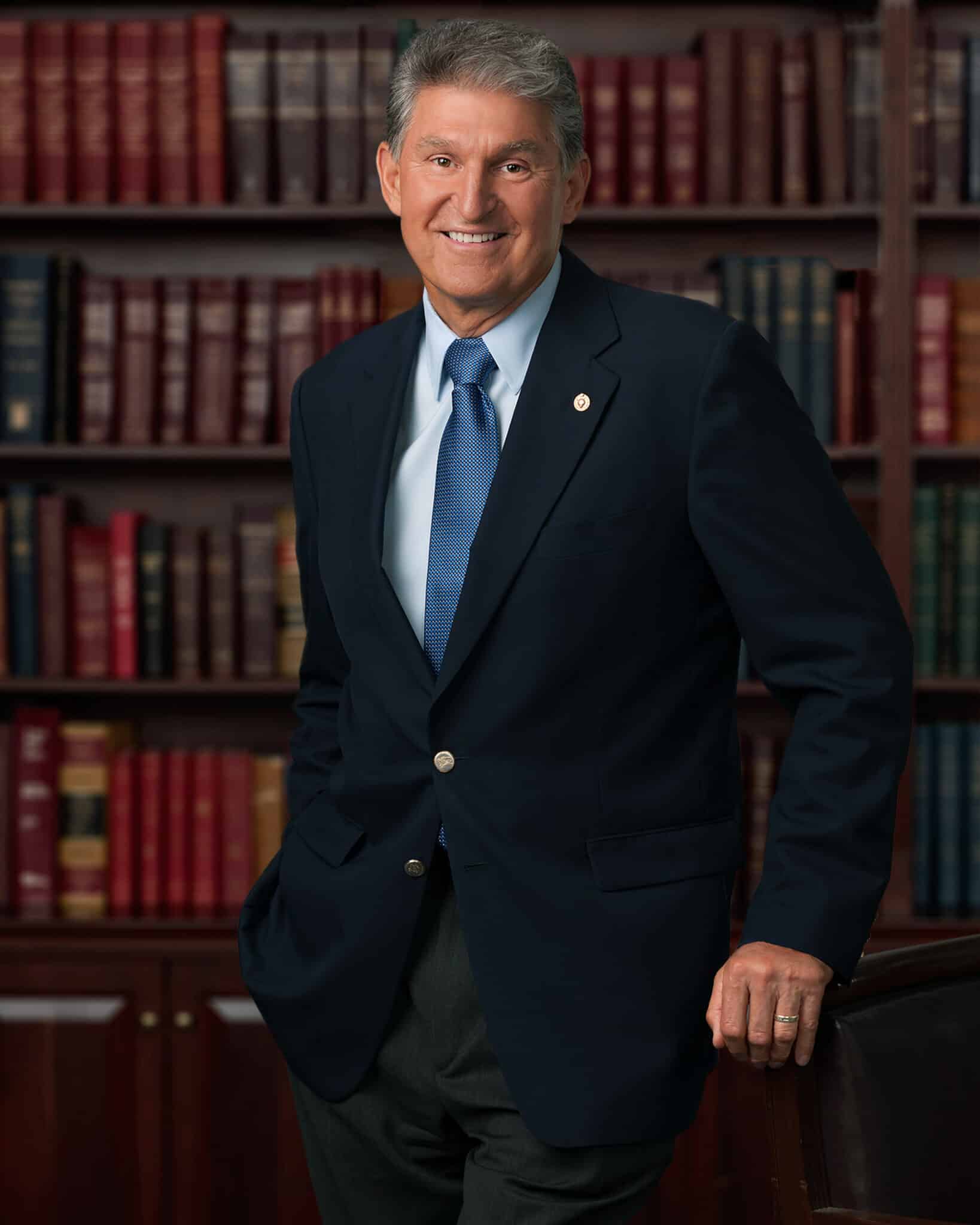Nikita Rumsey is a student at Harvard Law School.
Senator Joe Manchin III (D-WV) appeared on “Fox News Sunday” this morning to say that he will not support President Biden’s signature Build Back Better Act, likely sending a death knell to the $2.2 trillion social safety net, climate and tax bill at the center of the administration’s domestic agenda. Citing concerns about increasing the national debt, Mr. Manchin said that he “cannot vote to continue with this piece of legislation,” despite having “tried everything humanly possible.” Manchin’s office subsequently issued a statement confirming his position, relaying a warning he apparently received from a former Chairman of the Joint Chiefs over a decade ago that “the greatest threat facing [was] our national debt” and that “since that time our debt has doubled.”
Without Mr. Manchin on board, the Biden administration will not be able to pass the bill over an evenly divided Senate. For months, Mr. Manchin’s objections to various aspects of the bill had forced the White House to reduce the scope of the package and eliminate certain programs, including a plan to bar new off-coast oil drilling and the creation of a clean electricity program. However, while President Biden remained optimistic as recently as last week about the bill’s prospects for passage, the Senate then left for the holidays this week with their work unfinished. Although it remains unclear if Manchin’s fellow Democrats will respond to this news by substantially pairing back the bill to meet Manchin’s concerns, Senator Bernie Sanders (I-VT) responded by calling for a floor vote on the legislation as it currently stands. As he told CNN, “if [Mr. Manchin] doesn’t have the courage to do the right thing for the working families of West Virginia and America, let him vote no in front of the whole world.”
In other news, nurses at St. Vincent Hospital in Worcester, Massachusetts reached a tentative agreement to end their historic 285-day strike. The Massachusetts Nurses Association, which represents the 700 St. Vincent nurses, had been in negotiations with Tenet Healthcare for two years, with the final two weeks involving federal mediators and culminating in a tentative agreement during an in-person session led by U.S. Secretary of Labor Marty Walsh. Both union and hospital officials credited the involvement of Walsh as helping to bridge the divide. Details of the agreement have yet to be released, and nurses will remain on the picket line until the final agreement is ratified, which may take a few weeks. However, according to the Telegram & Gazette, union officials noted that the agreement will provide improvements in staffing, safety, health insurance and for the striking nurses to return to their jobs, calling the agreement “a tremendous victory” for the nurses, as well as for their patients and the greater community.
Meanwhile, the Lansing State Journal reported that Michigan State University’s Board of Trustees passed a resolution to change and expedite the collective bargaining process, including by adopting a card check process for recognition of new units on campus. The measure, passed 5-3 along party lines with Republicans in dissent, will require the university to remain neutral with respect to the issue of union representation amid any employee organizing efforts, and prohibits university officials from providing any unionization information to employees other than what is required by law. Additionally, the resolution will permit the university to certify and recognize new bargaining units based on a card-check process, without the need for a secret-ballot election. However, card-check certification requires that the union obtain signed cards from a majority among all of the targeted employees in the unit, whereas an election victory only requires a majority of those who show up to vote. The MSU resolution closely mirrors one passed by the University of Michigan Board of Regents in June 2020.






Daily News & Commentary
Start your day with our roundup of the latest labor developments. See all
March 1
The NLRB officially rescinds the Biden-era standard for determining joint-employer status; the DOL proposes a rule that would rescind the Biden-era standard for determining independent contractor status; and Walmart pays $100 million for deceiving delivery drivers regarding wages and tips.
February 27
The Ninth Circuit allows Trump to dismantle certain government unions based on national security concerns; and the DOL set to focus enforcement on firms with “outsized market power.”
February 26
Workplace AI regulations proposed in Michigan; en banc D.C. Circuit hears oral argument in CFPB case; white police officers sue Philadelphia over DEI policy.
February 25
OSHA workplace inspections significantly drop in 2025; the Court denies a petition for certiorari to review a Minnesota law banning mandatory anti-union meetings at work; and the Court declines two petitions to determine whether Air Force service members should receive backpay as a result of religious challenges to the now-revoked COVID-19 vaccine mandate.
February 24
In today’s news and commentary, the NLRB uses the Obama-era Browning-Ferris standard, a fired National Park ranger sues the Department of Interior and the National Park Service, the NLRB closes out Amazon’s labor dispute on Staten Island, and OIRA signals changes to the Biden-era independent contractor rule. The NLRB ruled that Browning-Ferris Industries jointly employed […]
February 23
In today’s news and commentary, the Trump administration proposes a rule limiting employment authorization for asylum seekers and Matt Bruenig introduces a new LLM tool analyzing employer rules under Stericycle. Law360 reports that the Trump administration proposed a rule on Friday that would change the employment authorization process for asylum seekers. Under the proposed rule, […]